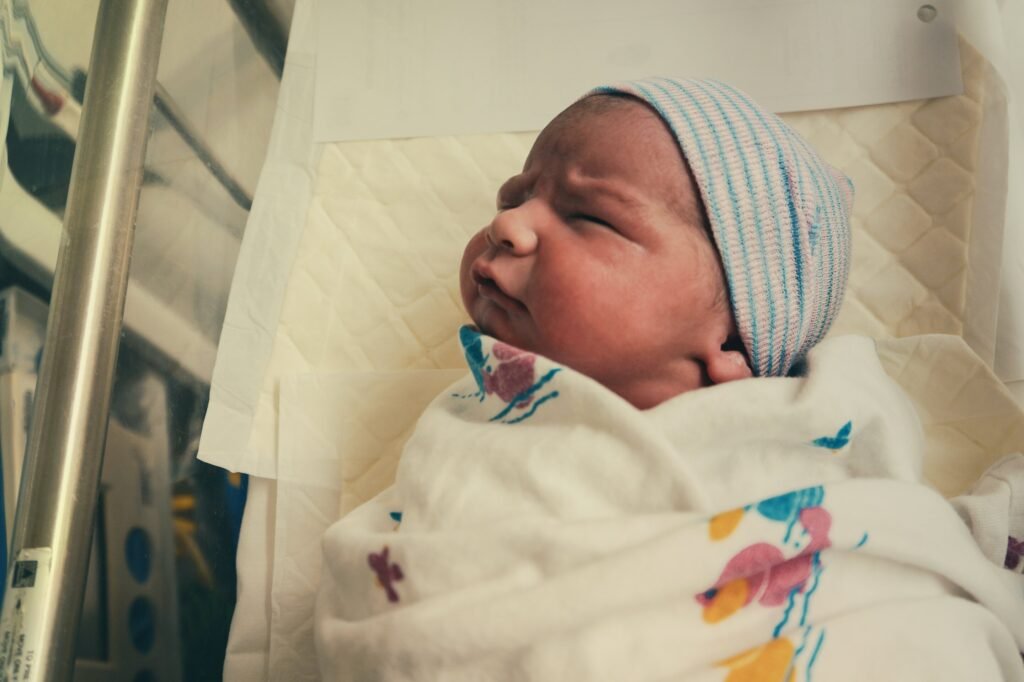More effective platforms for drug and medical device development and better cross-sector engagement are urgently required to prevent the ‘unacceptably high’ newborn death rate, according to a global report.
The Lancet Child & Adolescent Health Commission on the future of neonatology report found this field of medicine faced significant challenges across leadership, collaboration, regulation, and funding, which were hindering better health outcomes for newborns.
The Lancet Commission was created to consider these challenges and design a roadmap to accelerate research and development that will improve healthcare for this vulnerable patient group.
The World Health Organization states 2.3 million children died in the first 28 days of life in 2022. About 6500 newborns die every day, amounting to 47% of all child deaths under the age of five years.
Murdoch Children’s Research Institute (MCRI)’s Professor Peter Davis and Professor David Tingay, two of the commissioners, believed the cost of inaction would negatively influence future generations.
Professor Davis, also from The Royal Women’s Hospital and the University of Melbourne, said when babies received the best start in life, it boosted the whole country’s productivity, resilience, and future prosperity.
“Increased survival of newborns in their first month of life, especially those born extremely premature and those with life-threatening disease, reflects progress in perinatal and neonatal medicine in the past 25 years,” he said. However, newborn deaths remain unacceptably high globally with some of the most common health concerns affecting this group still very challenging to treat.
“The current platform for the development of drugs and medical devices to treat neonatal disorders is hindering outcomes, especially babies born preterm or needing critical care. Off-label or off-license use of drugs with little evidence of effectiveness is very common, treatment remains largely based on a clinician’s experience rather than evidence and more high-quality research to advance neonatology is required.”
The report, published in The Lancet Child & Adolescent Health, stated that on a global scale, neonatology was lagging behind other medical specialties in clinical advances that provide adequate preventive care, diagnostics, and therapeutic interventions.
“There is a lack of innovation for both drugs and medical devices, excessive bureaucracy, discrepancies between authorities, a perception of research for newborn health as unimportant and a global shortage of neonatal expertise,” Professor Davis said. Meanwhile, there is a great need for better partnerships and engagement between neonatologists and specialists, allied healthcare professionals, patients, families, and advocacy groups.
“These challenges demand the attention of ethics committees, regulatory bodies, healthcare providers, industry, governments, and the public.”
More information:
Daniele De Luca, et al. The Lancet Child & Adolescent Health Commission on the future of neonatology, The Lancet Child & Adolescent Health (2025). DOI: 10.1016/S2352-4642(25)00106-3
Citation:
Newborns require better care to improve survival and long-term health, global report says (2025, June 25)
retrieved 26 June 2025
from https://medicalxpress.com/news/2025-06-newborns-require-survival-term-health.html
This document is subject to copyright. Apart from any fair dealing for the purpose of private study or research, no
part may be reproduced without the written permission. The content is provided for information purposes only.


